Heralded as the most powerful and versatile AI system ever created, GPT-5 is poised to revolutionize industries and sectors with its unparalleled capabilities.
With significant enhancements in memory, attention span, and logical reasoning, this innovative model offers unlimited message lengths, multimodal functionalities, and enriched user interactions that promise to propel AI innovation into uncharted territories.
In anticipation of its rumoured release by December 2023, researchers have been diligently working to uncover the vast potential applications of GPT-5 – akin to explorers charting new lands filled with hidden treasures.
From offering high-quality and affordable education through OpenAI Academy initiatives to collaborating with governments and regulators for ethical AI deployment, this revolutionary model stands at the precipice of transformative advancements across various domains.
As one delves further into this academic exposition on GPT-5’s myriad features and applications, it becomes increasingly evident that this beacon of technological progress will undoubtedly reshape the landscape of artificial intelligence for years to come.
Key Takeaways
- GPT-5 will remove the cap on message length, allowing for more natural and flexible interactions.
- GPT-5 will improve in mathematical calculations and logical reasoning compared to GPT-4.
- GPT-5 will be more assertive and confident, reducing excessive apologies and self-deprecation in responses.
- OpenAI is planning to launch OpenAI Academy in late 2023, which will provide affordable education using GPT-5 as a teacher, tutor, mentor, or friend.
Unlimited Message Length will enable users to engage in more natural and extensive interactions.
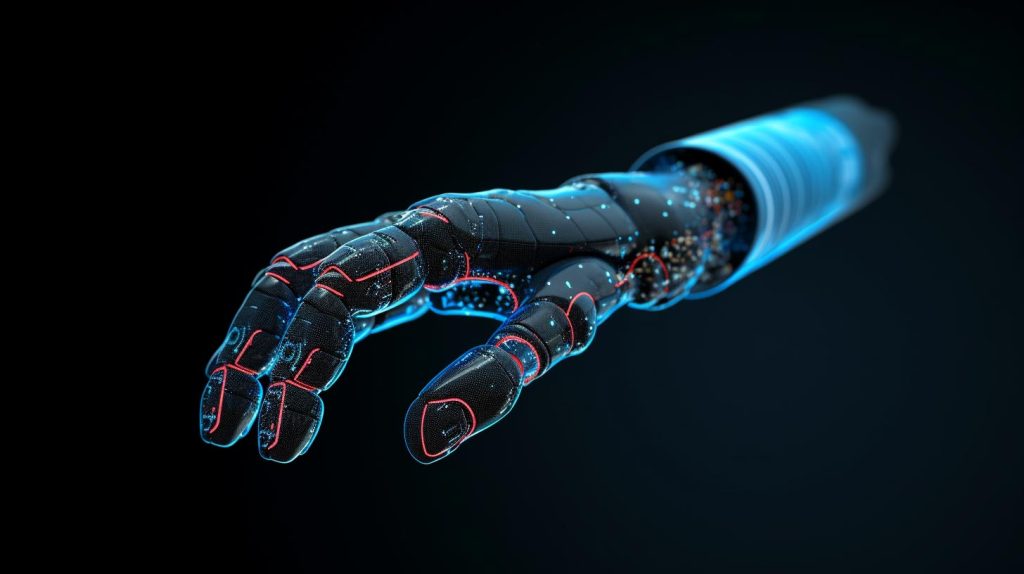
GPT-5, an unprecedented AI juggernaut, is poised to eliminate message length constraints, enabling users to engage in more natural and extensive interactions with the model.
This breakthrough facilitates prolonged and intricate conversations, equipping users with the ability to request multiple tasks within a single message or provide complex and nuanced instructions.
By obliterating these limitations, OpenAI’s GPT-5 transcends its predecessors in terms of user experience while simultaneously offering a tantalizing glimpse into the future of human-AI communication.
As this revolutionary AI system forges ahead in eliminating barriers pertaining to message length, it is crucial not to overlook the significance of its enhanced reasoning abilities.
The forthcoming paragraphs will elucidate how GPT-5’s proficiency in mathematical calculations and logical reasoning further solidifies its status as a truly groundbreaking force in artificial intelligence.
Enhanced Reasoning Abilities for superior mathematical calculations and logical problem-solving.
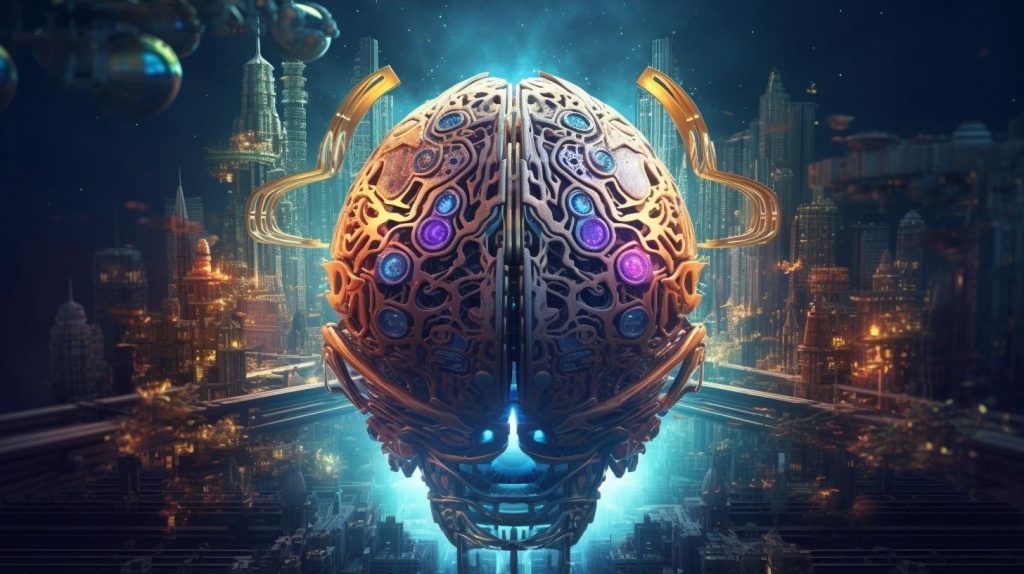
Enhanced reasoning abilities in the upcoming model promise to address previous limitations in mathematical calculations and logical problem-solving, significantly expanding its potential applications and efficacy.
As GPT-5 will be equipped with more advanced algorithms to handle complex numerical operations and intricate logical scenarios accurately, it is poised to become a valuable tool for professionals across various domains seeking AI assistance for sophisticated computations and decision-making.
Such improvements not only demonstrate the relentless pursuit of excellence by OpenAI but also indicate an exciting era where AI systems can offer reliable support even in matters requiring keen intellectual prowess.
The ability of GPT-5 to deal with mathematical challenges and logical conundrums effectively sets the stage for further advancements, particularly when combined with other key features such as multimodal capabilities.
In this context, users stand to benefit immensely from an AI system capable of understanding text and image inputs while delivering meaningful outputs that cater to their specific needs.
As we venture into the next subtopic, it becomes evident that these new dimensions in artificial intelligence are set to reshape our interactions with technology in astounding ways.
Multimodal Capabilities promise to revolutionize user interactions with technology.
Multimodal capabilities, encompassing both text and image inputs, promise to revolutionize user interactions with technology by offering a dynamic, context-sensitive approach tailored to individual needs. As GPT-5 is set to be a large multimodal model, it will be capable of handling diverse tasks such as writing essays, generating code, answering questions, and creating images.
In addition to its enhanced memory capacity and attention span for managing longer and more complex inputs and outputs than its predecessors, GPT-5’s ability to process multiple modalities will significantly increase the depth of understanding it can achieve.
This intricate level of comprehension ultimately allows for a richer user experience surpassing previous AI models’ limitations. Furthermore, indications from OpenAI’s CEO Sam Altman suggest that new features involving audio and video inputs may also be incorporated into GPT-5’s modality repertoire.
This expansion in capability will likely have profound implications on industries such as entertainment and gaming while paving the way for groundbreaking advancements in education through initiatives like OpenAI Academy.
OpenAI Academy Initiative aims to revolutionize education.
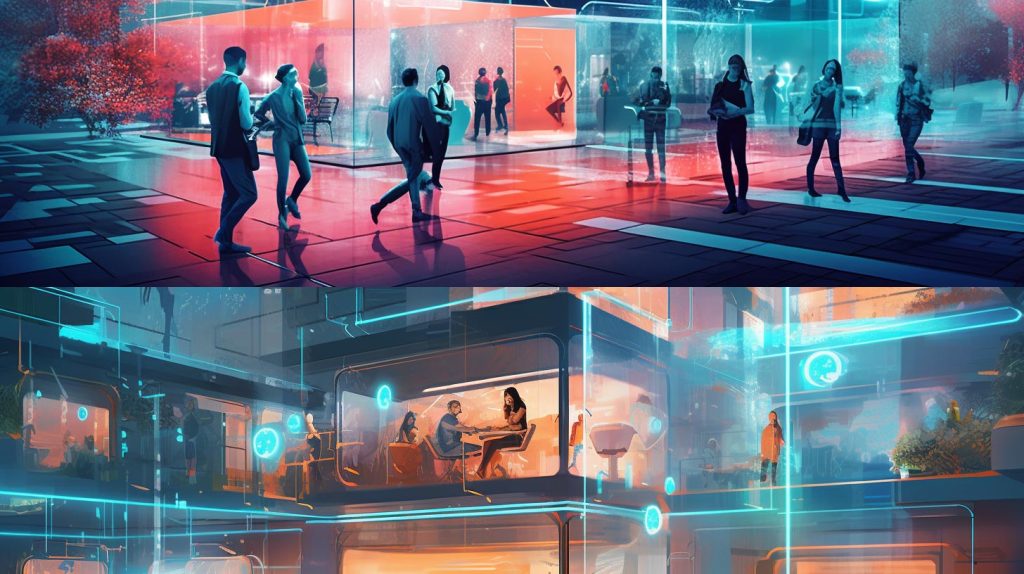
The OpenAI Academy initiative, set to launch in late 2023, aims to revolutionize education by offering high-quality and affordable learning experiences through the utilization of advanced AI technologies.
GPT-5 will serve as the foundation for this ambitious project, providing users with a highly adaptive and interactive tutor capable of addressing their unique needs.
This ground-breaking platform intends to offer a vast array of courses across multiple disciplines, including mathematics, science, music, and art.
Furthermore, it encourages user-generated content by enabling individuals to create their own courses and share them with others—an innovative approach that fosters a dynamic educational ecosystem.
As an integral part of this transformative endeavour, GPT-5’s enhanced memory capabilities will enable it to deliver more consistent and personalized learning experiences tailored to individual learners’ preferences and progress.
Additionally, its multimodal features may pave the way for even more immersive instructional methods encompassing audiovisual elements and interactive components such as voice recognition and synthesis or gesture control.
In essence, OpenAI Academy promises not only to democratize knowledge access but also to enliven the process of acquiring new skills or expanding intellectual horizons—a delightfully refreshing prospect indeed!
With this bold step toward reinventing education in mind, it is crucial to examine OpenAI’s dedication towards ensuring safety and ethical commitment while harnessing these powerful AI technologies.
Safety and Ethical Commitment, well we hope everything will be fine.

OpenAI has clearly taken significant steps to ensure responsible AI development. Their investment in AI safety research demonstrates their commitment to understanding and mitigating potential risks associated with artificial intelligence.
By formulating guidelines for the appropriate use of their models and exploring ways to prevent harmful instructions, they show a proactive approach to safeguarding against unintended consequences.
Transparency is another commendable aspect of OpenAI’s practices. Not only do they regularly publish their research findings, but they also actively seek public input on deployment policies and share insights on safety standards.
This level of openness fosters trust and allows for greater scrutiny and accountability in the development and use of AI technologies.
OpenAI’s acknowledgement of the importance of collaboration with governments and regulatory bodies is crucial. Establishing an equilibrium between innovation and social welfare requires cooperation and shared responsibility.
Their proactive engagement with authorities demonstrates a commitment to addressing ethical concerns that may arise from the widespread adoption of AI applications. This collaborative approach helps ensure that AI development is aligned with societal values and the well-being of humanity.
By prioritizing AI safety and ethics, OpenAI sets a positive example for the industry as a whole. Their responsible practices promote a culture of ethical development and help prevent the potential negative impacts of AI technologies.
OpenAI’s commitment to striking a balance between pushing technological boundaries and safeguarding humanity’s well-being is both admirable and necessary.
Will GPT-5 achieve AGI?
I think not. Not yet.
It is plausible that we may witness early indications of Artificial General Intelligence (AGI) in the GPT-5 model, with the first subtle hints of its emergence. However, the realization of true AGI might be more likely in subsequent iterations, such as the GPT-6 or GPT-7 models.
To put this into perspective, consider the rapid advancements made in this field in recent years. The GPT-3 model was first publicly unveiled towards the end of 2022, followed by the widespread adoption of the GPT-4 model in 2023. Then, in a remarkably short span of time, the announcement of the GPT-5 model was made by the end of 2023.
This accelerated progress demonstrates the potential for groundbreaking achievements in AGI, which could be closer than we think.
The AGI concept where computers achieve human-like intelligence and understanding is really intriguing.
Some reports suggest that GPT-5 may bring us closer to AGI, but experts widely believe that we are still years away from its realization.
According to a survey by Metaculus, true AGI is not expected until October 2032.
Despite the potential benefits of AGI, there is growing resistance to the development of GPT-5 and other advanced AI technologies.
I believe that genuine Artificial General Intelligence (AGI) will become attainable once the hardware infrastructure has evolved to provide sufficient processing power and communication capabilities to support the complex operations and interactions required for AGI.
Until artificial intelligence and robots completely take over the construction, industrial and manufacturing sectors, we are safe.
A petition early this year signed by prominent figures like Elon Musk and Steve Wozniak urges a pause in development beyond GPT-4.
The concerns surrounding AI technology are gaining traction among governments and the public. While GPT-5 is already in progress, the outcome of the ongoing AI debate will undoubtedly influence the future of these technologies.
Should we be afraid of GPT-5?
I don’t know.
Does Sam Altman know?
In a February 2023 blog post, Sam Altman discussed the potential of AGI (Artificial General Intelligence) to benefit humanity as a whole.
In our minds, AGI represents the next phase of AI systems, possessing general intelligence that surpasses human capabilities.
It has been suggested that OpenAI’s forthcoming GPT-5 model may attain AGI, and this possibility seems increasingly plausible.
Current autonomous AI agents, such as Auto-GPT and BabyAGI, are built on the GPT-4 framework and can independently make decisions and arrive at sensible conclusions. It is entirely feasible that some form of AGI will be incorporated into the GPT-5 model.
In his blog, Altman emphasizes the need for continuous learning and adaptation by deploying less potent versions of the technology to minimize the risk of “one shot to get it right” scenarios.
He also acknowledges the “massive risks” associated with managing extremely powerful systems like AGI.
Prior to a recent Senate hearing, Altman called on US lawmakers to establish regulations around emerging AI systems.
During the hearing, Altman expressed concern about the potential consequences of AI technology going awry, stating:
“I think if this technology goes wrong, it can go quite wrong. And we want to be vocal about that.”
He also expressed his desire to collaborate with the government to prevent such outcomes.
OpenAI has been increasingly outspoken about the need for regulation of powerful, intelligent AI systems. However, it is worth noting that Altman’s call for safety regulations specifically targets incredibly powerful AI systems, rather than open-source models or those developed by smaller startups.
In conclusion, the future depends on us, humans after all.
GPT-5 represents a groundbreaking leap forward in the field of artificial intelligence, paving the way for transformative changes across a myriad of industries and sectors.
Its unparalleled capabilities in memory, attention span, and logical reasoning signify a turning point in the development of AI technologies, ushering in a new era of innovation and progress that has the potential to reshape the world as we know it.
One of the most promising applications of GPT-5 lies in the democratization of education through initiatives like OpenAI Academy, which could revolutionize the way knowledge is disseminated and empower individuals across the globe with access to affordable, high-quality learning experiences.
This unprecedented educational opportunity has the potential to bridge the digital divide and foster a more equitable and inclusive global society.
Moreover, GPT-5’s advanced intelligence can be harnessed to collaborate with governments and policymakers in addressing the ethical and moral implications of AI deployment.
By leveraging GPT-5’s ability to process vast amounts of information and provide nuanced insights, we can develop more thoughtful and comprehensive guidelines for the responsible development, implementation, and regulation of AI technologies.
In addition to these applications, GPT-5’s prowess in natural language processing, data analysis, and creative problem-solving opens up a plethora of possibilities for innovation in fields such as healthcare, transportation, finance, and many more.
Its ability to synthesize information, generate novel ideas, and learn from its interactions with humans positions it as an invaluable resource for tackling complex challenges and advancing human knowledge.
Ultimately, GPT-5 stands as a testament to the remarkable potential of artificial intelligence to drive meaningful change and improve the human experience.
As we continue to explore the capabilities of this extraordinary creation, it is crucial that we remain mindful of the ethical considerations and societal implications of AI technologies, harnessing their power for the betterment of all.
The future eagerly awaits the impact of GPT-5, a titan in the realm of artificial intelligence that is poised to reshape our world and propel humanity to new heights of discovery, innovation, and understanding.
Frequently Asked Questions
How will GPT-5 handle user privacy and data security concerns when it comes to longer conversations and more personalized interactions?
GPT-5, emblematic of AI advancement, shall address user privacy and data security concerns through meticulous algorithms, ensuring personalized interactions without compromising confidentiality. Analytical measures will cater to audiences seeking subtle humour within secure communication boundaries.
What are the potential limitations or challenges that GPT-5 may face in terms of computational power, energy consumption, and environmental impact?
Potential limitations encompass computational power demands, escalating energy consumption, and consequential environmental impacts. Addressing these challenges requires innovative technological advancements, efficient algorithms, and sustainable infrastructure to mitigate adverse ecological consequences.
Will GPT-5 be accessible to smaller businesses and individual users, or will it primarily cater to large enterprises and research institutions?
As a versatile Swiss Army knife, GPT-5 holds potential for widespread adoption. However, accessibility remains uncertain; while large enterprises and research institutions may benefit substantially, smaller businesses and individuals’ prospects are less clear.
How might GPT-5’s advanced capabilities impact the job market and the need for human expertise in various fields, both positively and negatively?
GPT-5’s advanced capabilities may transform the job market, potentially automating tasks and diminishing demand for certain expertise. Conversely, it could foster innovation, create novel occupations, and augment human proficiency in various domains.
Are there plans to develop GPT-5 in multiple languages, and if so, how will the system ensure accurate and culturally sensitive translations and responses?
Plans for GPT-5 include multilingual capabilities, ensuring accurate translations and culturally sensitive responses by incorporating diverse linguistic data and optimizing algorithms to understand cultural nuances, providing a global impact with attentive humour.

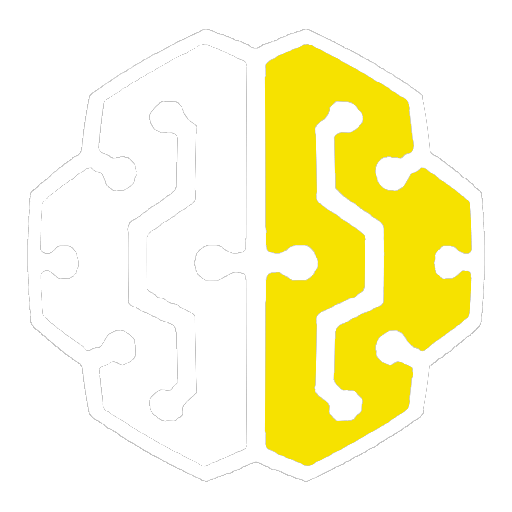
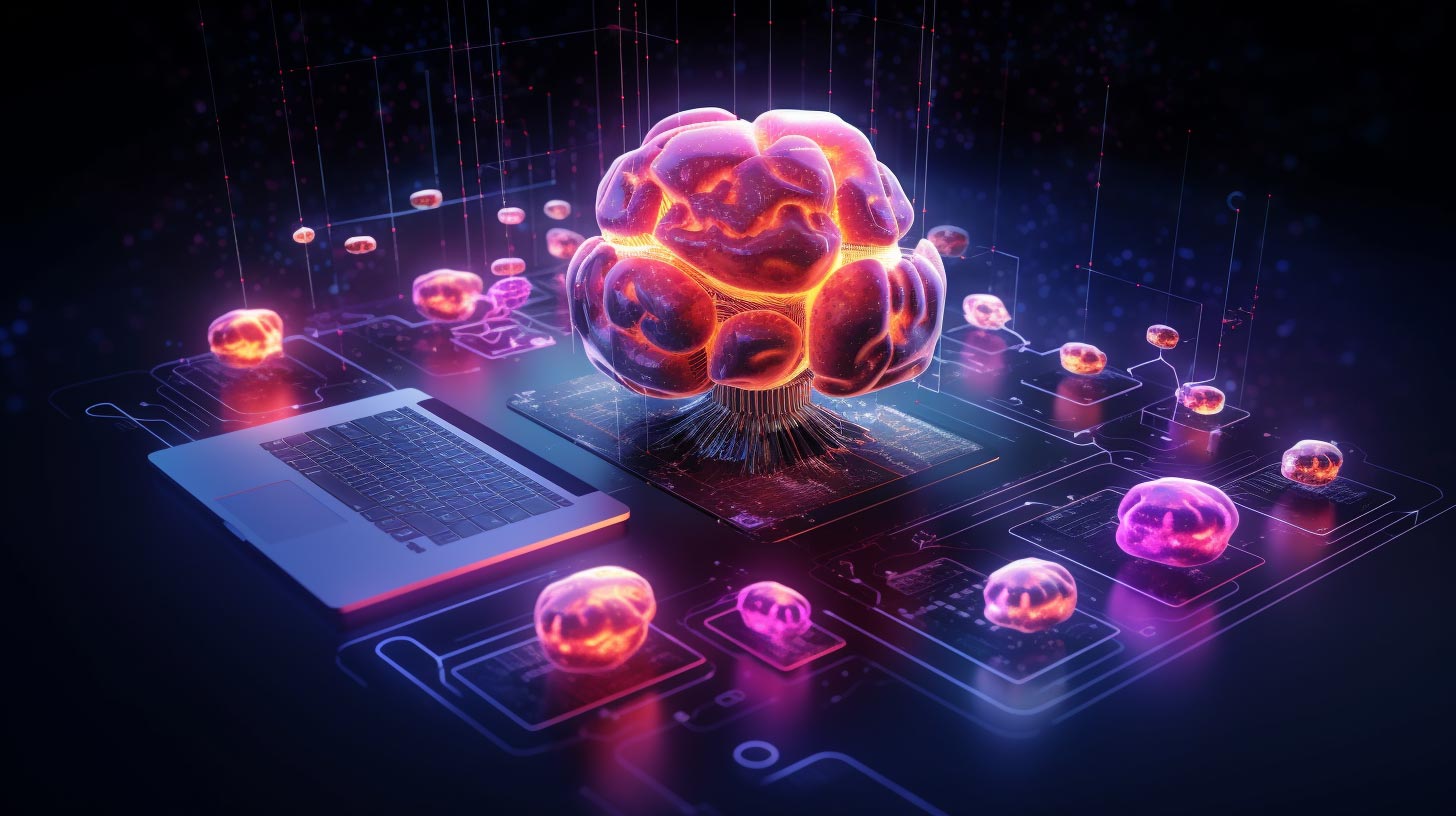


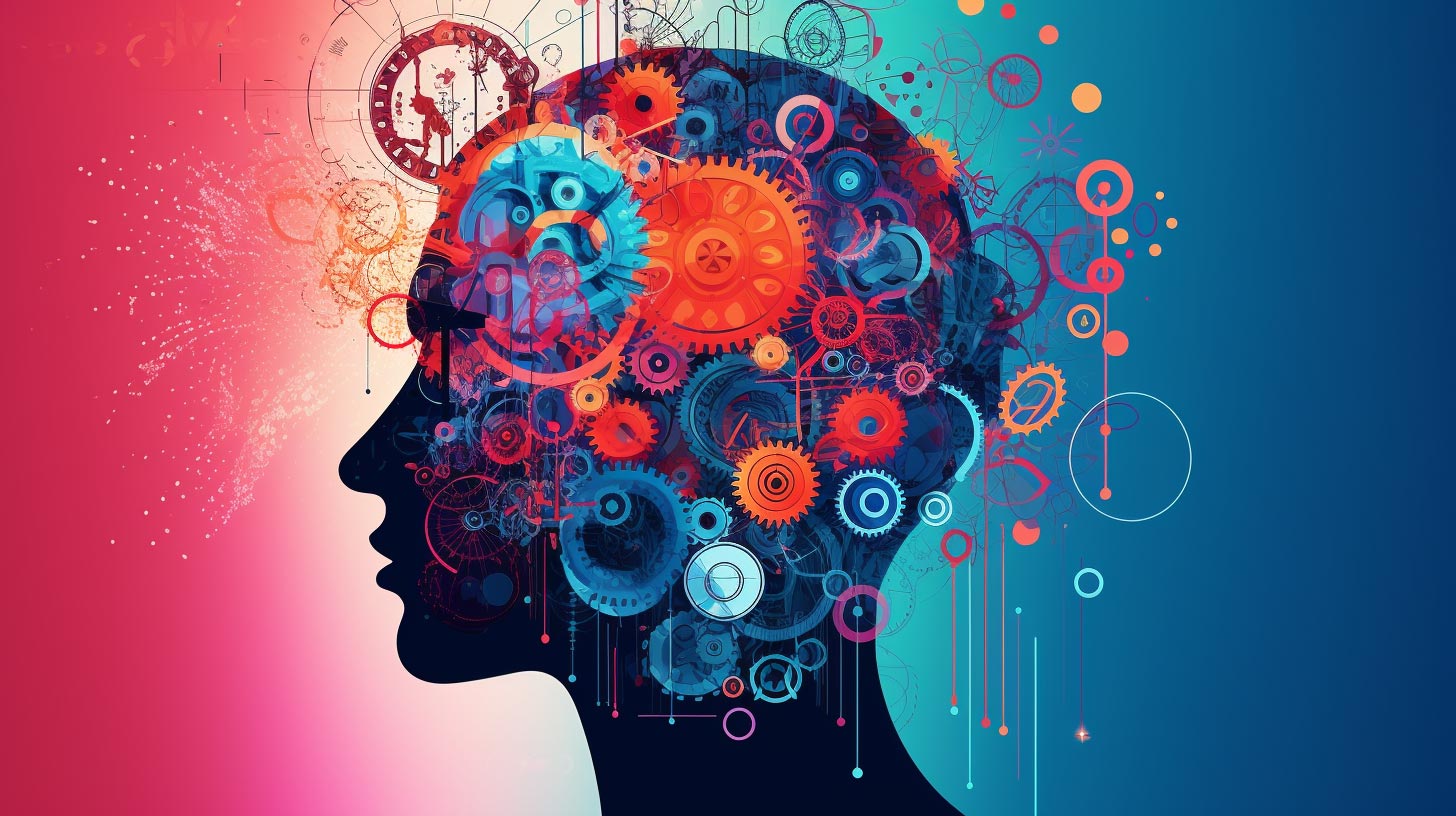


Pingback: Strong and powerful Auto-GPT: Transforming Industries since 2023 - With AI you can